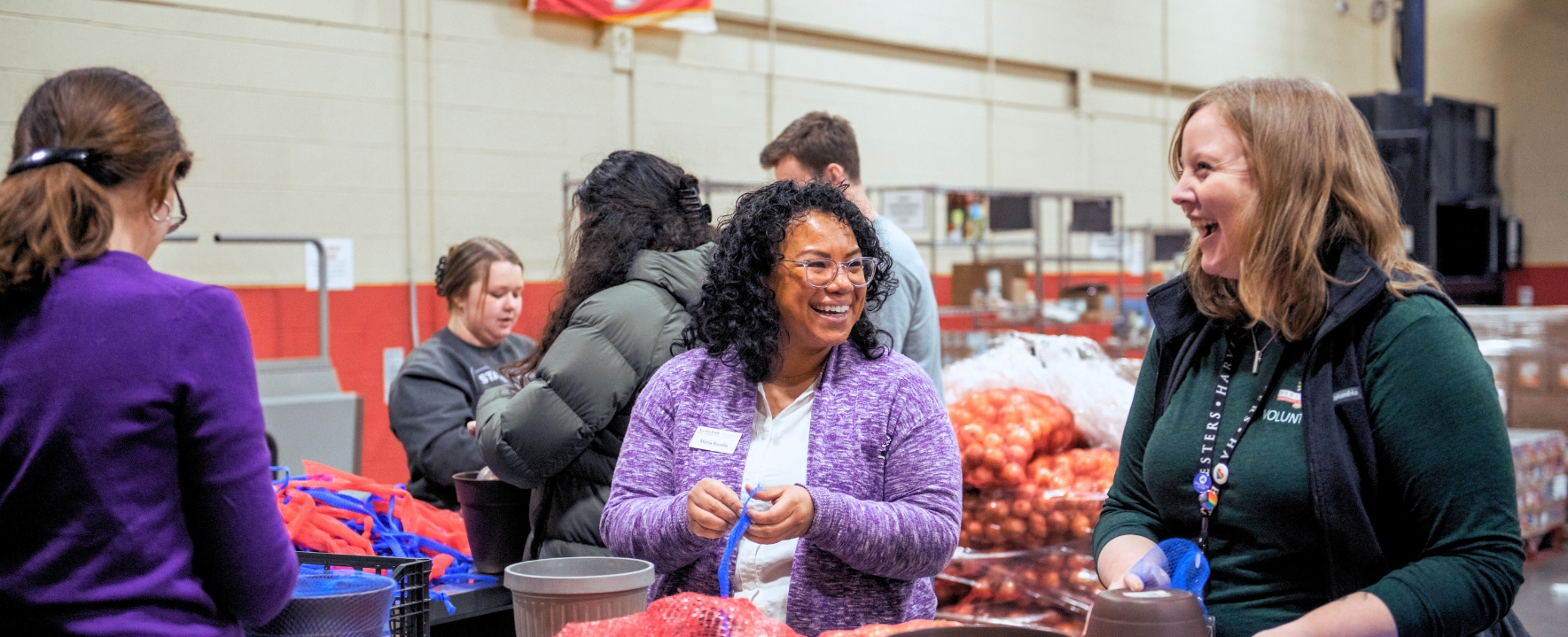
When we do good in Kansas, we do good for the world.
The Office of External Engagement connects K-State's research excellence and academic innovation directly to Kansas communities. We transform university discoveries into practical solutions while bringing real-world insights back to campus, creating a dynamic partnership that strengthens both our university and our state.
Our impact by the numbers
How we engage
Arts and culture
We believe arts and culture are essential to thriving communities. Through strategic partnerships, we connect K-State's museums, cultural programs and creative talent with organizations across Kansas. These collaborations preserve our state's heritage while fostering innovation, bringing university creativity to communities and ensuring cultural traditions evolve and endure.
Community well-being
Strong communities need university partnerships that address real changes. We facilitate collaborations that tackle pressing issues like rural healthcare access, educational equity, sustainable development and social services. By connecting K-State expertise with community needs, we create solutions that make a measurable difference in people's lives.
Innovation and partnerships
Kansas's economic future requires strong university-industry collaboration. We partner with businesses, entrepreneurs and economic development organizations to transform K-State research and academic expertise into market-ready solutions. These partnerships drive economic growth, create jobs and position Kansas as a leader in innovation.
Recent success stories
Amplifying our impact
K-State's Division of Communications and Marketing showcases how our university's work creates positive change for Kansas and beyond.